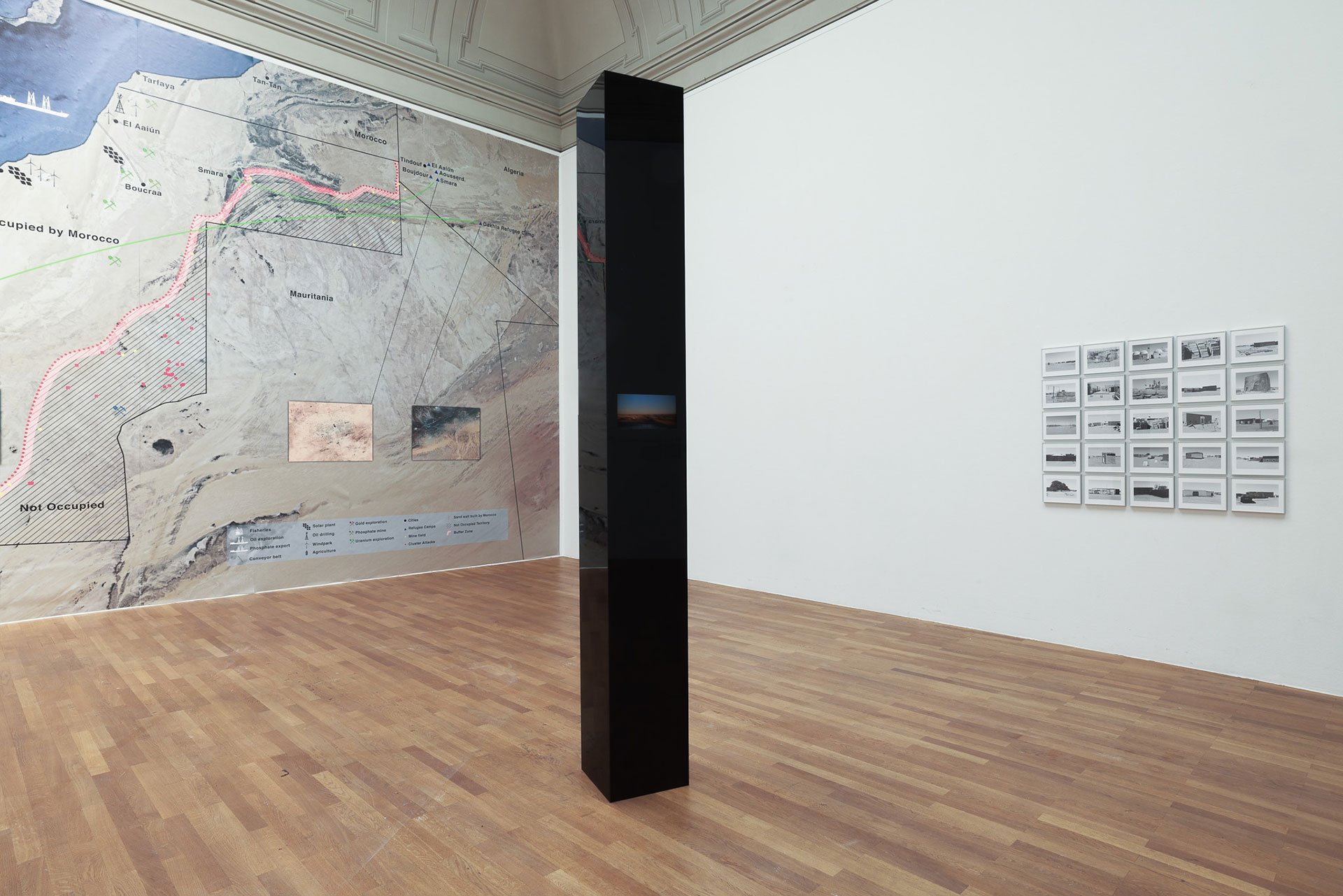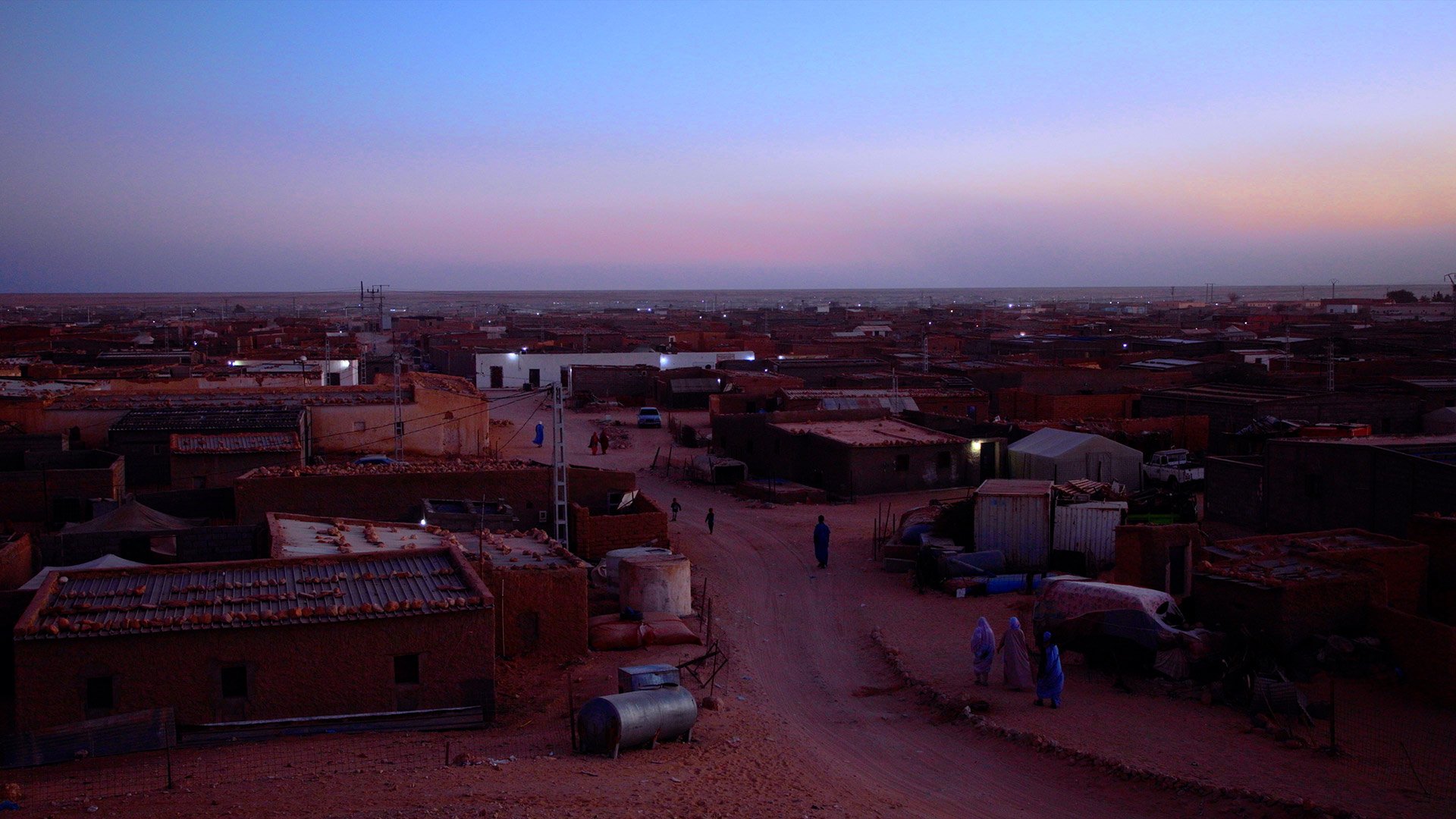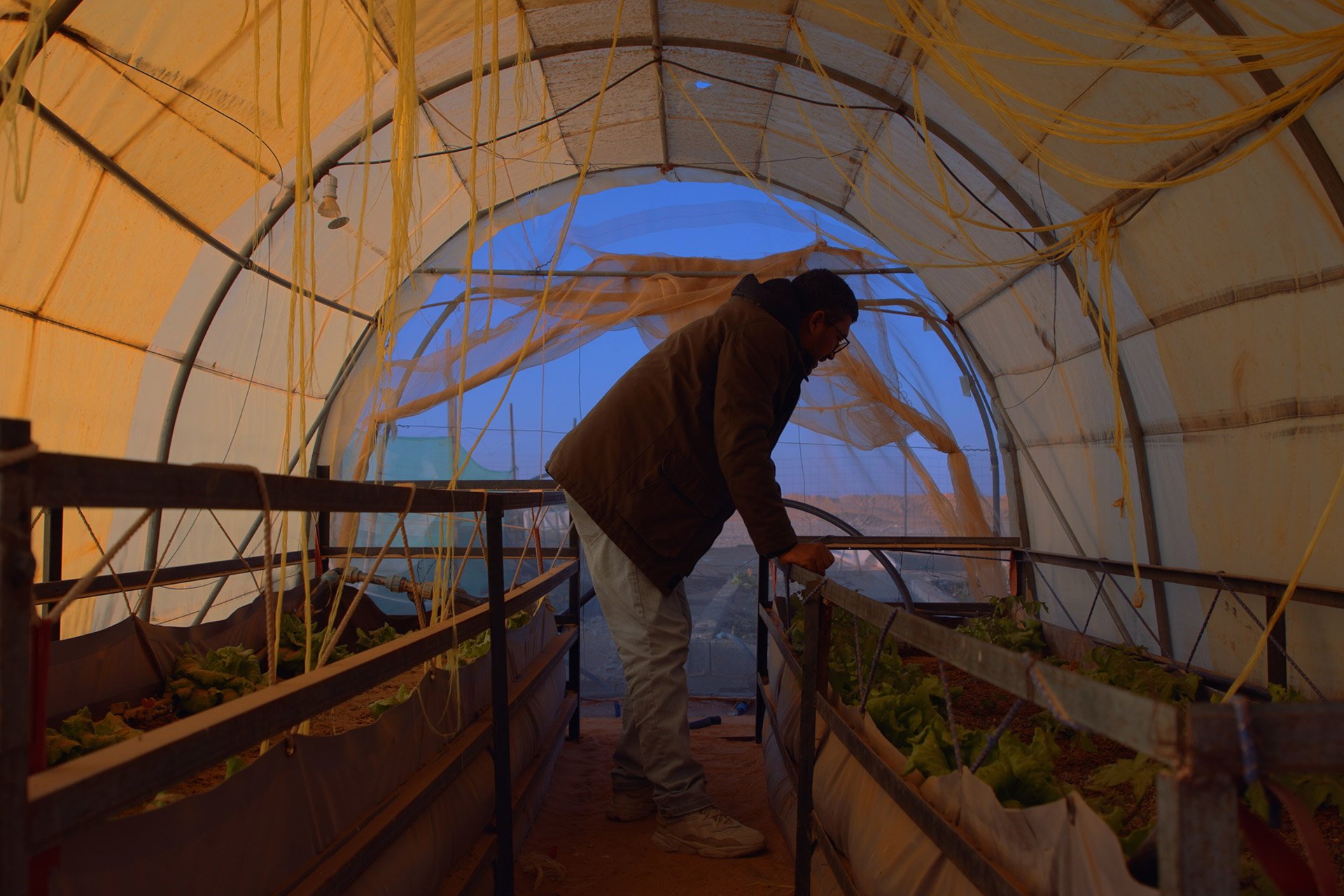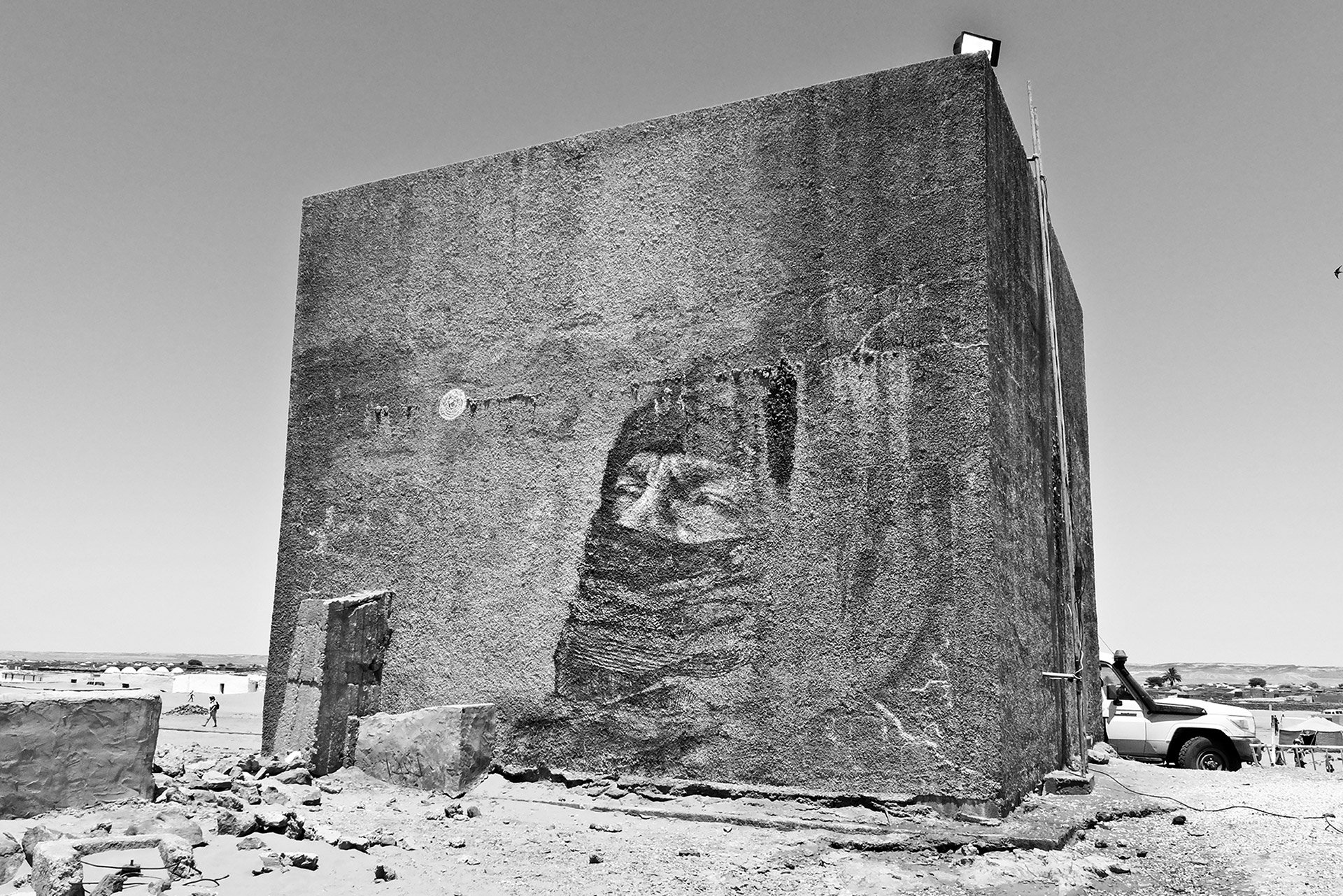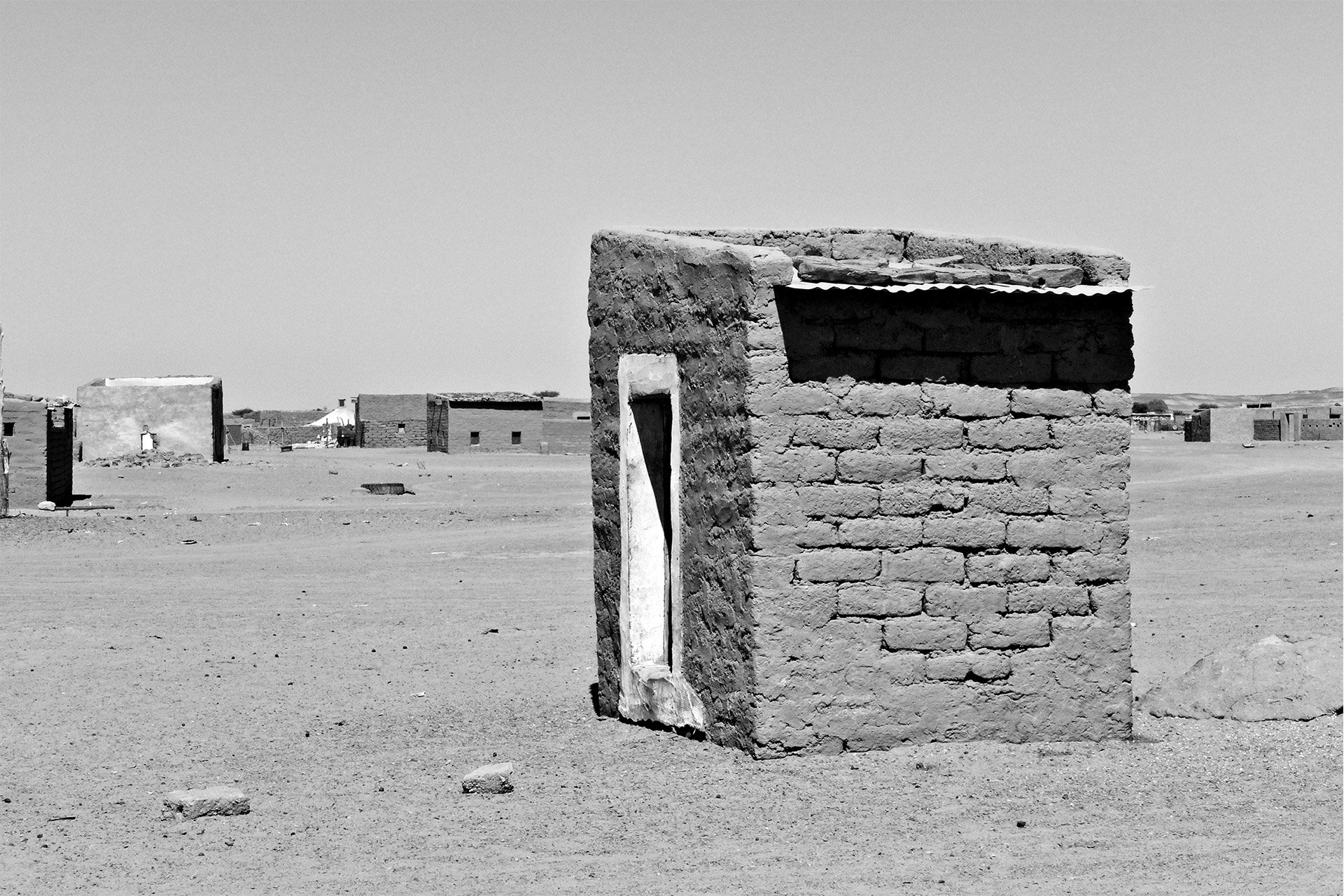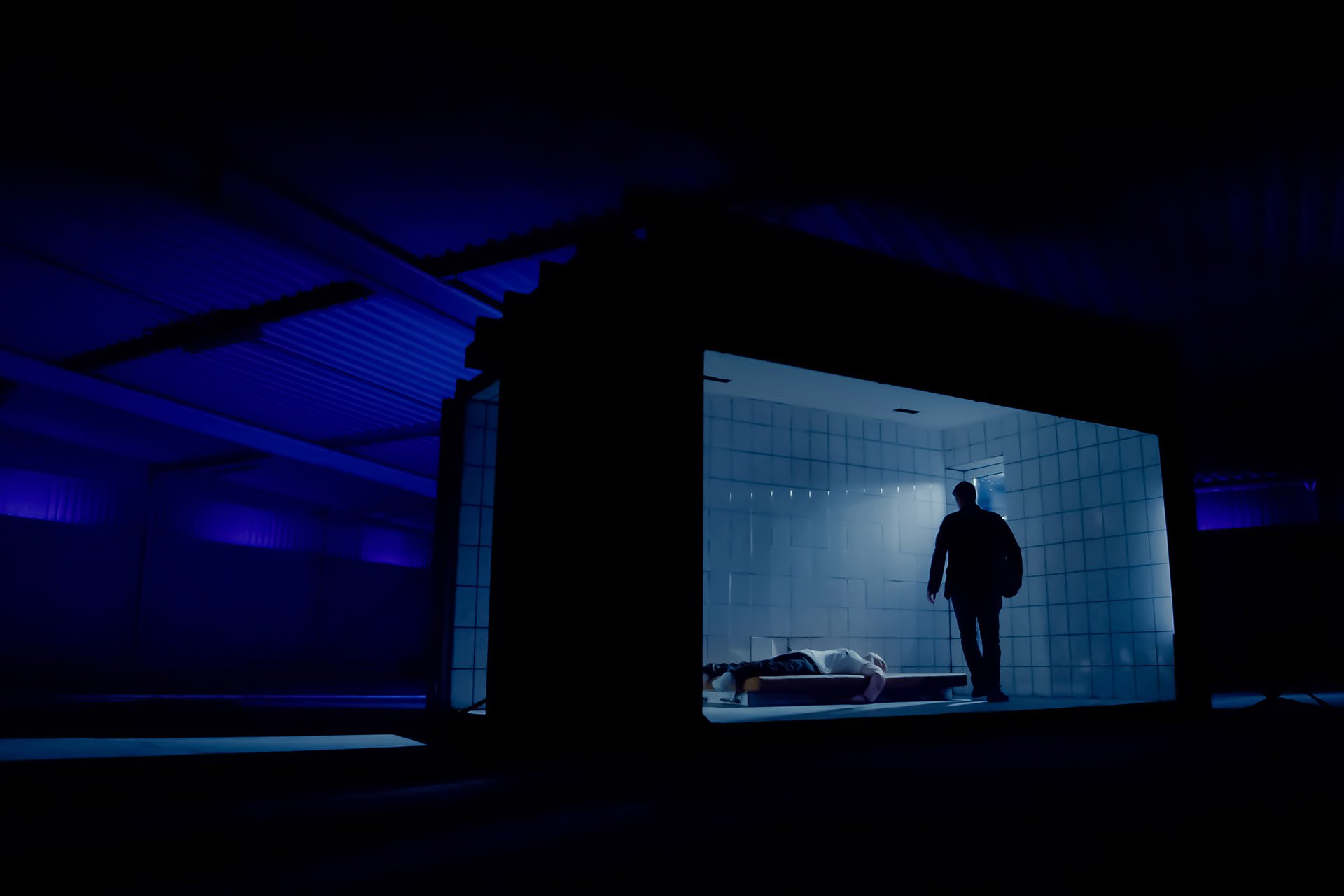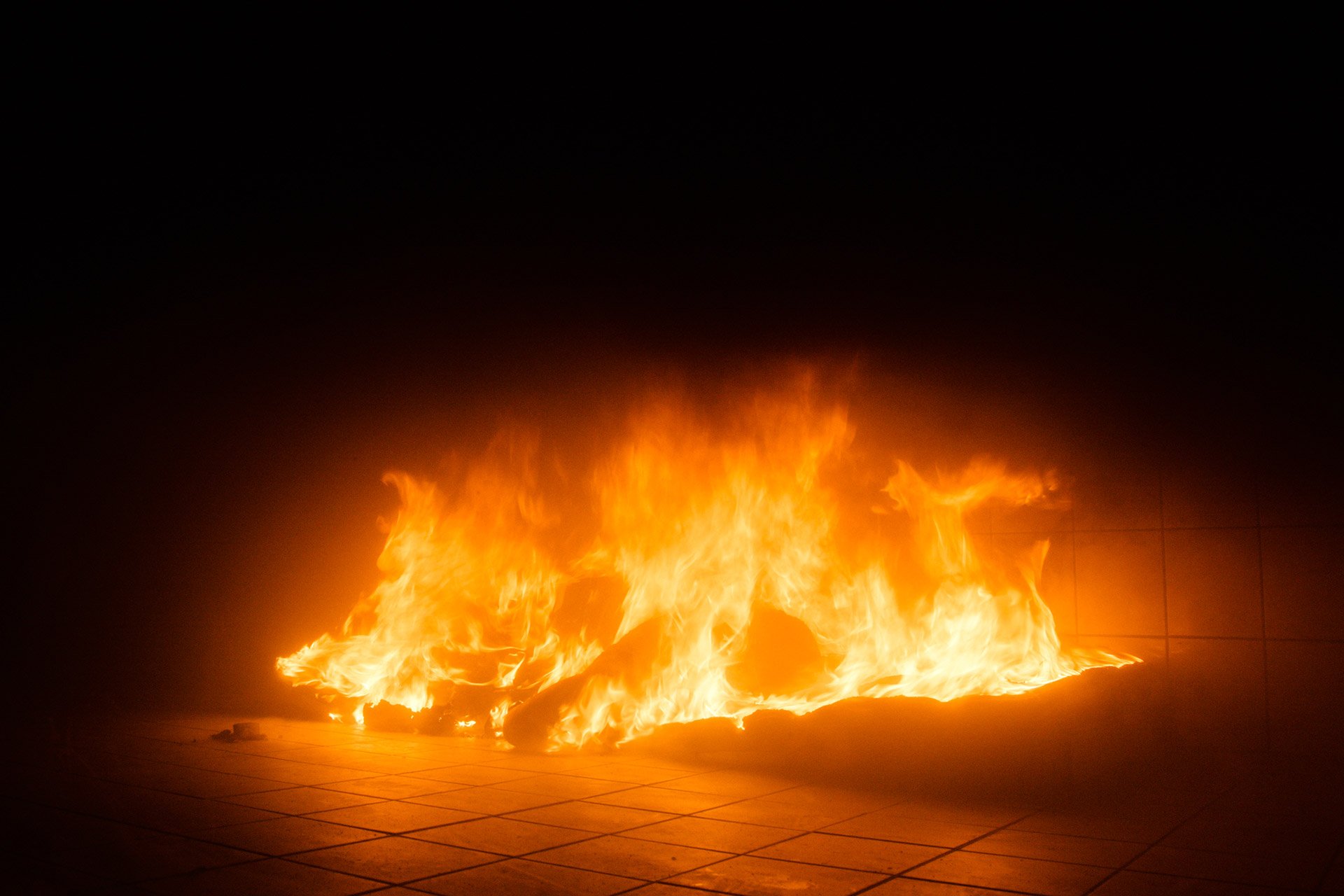Mario Pfeifer
7 May – 25 June 2023
Since 2011, Mario Pfeifer (*1981 in Dresden, lives and works in Berlin) has repeatedly travelled to Western Sahara, a former Spanish colony on the Atlantic coast of Northwest Africa. In 1965, the UN called for decolonization and a referendum on self-determination for the people living there. Although Spain withdrew in 1975, they left the entire area to the countries of Morocco and Mauritania for division in the so-called Madrid Accord. Mauritania withdrew in 1979, and officially the US and EU support the UN resolutions. Nevertheless, several countries can still conclude trade agreements that affect the territory of Western Sahara with Morocco without sanctions.
In the main hall, Mario Pfeifer presents Deserted – Episode 1, a conglomerate of works dealing with the ongoing illegal occupation, the plight of the displaced population, and the sale of natural resources by Morocco. The subject matter is presented cartographically and chronologically; the most significant historical facts are arranged on a timeline, while various conflict areas are identified on a map. Pfeifer shows two photo series depicting the city of Dakhla: once the original coastal city located in the occupied territory today, and the camp in Algeria named after it because it housed the people arriving from Dakhla. Also on display is a new video work: In A Garden That Means More Than a Garden (2023), in which a man, Taleb, who came to a refugee camp at the age of five in 1975 and returned there after his studies abroad, tells of his life as a displaced person, his gratitude for the reception and support in Algeria, and his hope that the Sahrawis may one day return to their homeland. For Taleb, this hope drives him to actively prepare for better times: as a graduate in agricultural sciences, he conceived a successful small-scale closed-loop economy in a desert under the most difficult conditions, producing enough food for self-sufficiency.
In the small hall, Pfeifer presents the video installation Cell 5: A Reconstruction (2022), which features Oury Jalloh, an asylum seeker from Sierra Leone, who burned to death in a prison cell at the Dessau-Rosslau police station on January 7, 2005. The video takes the viewer through a detailed reconstruction of the fire, contradicting the claim that the inmate set himself on fire. Despite the apparent evidence, in 2008, the two police officers on duty were acquitted for lack of evidence. In a second trial in 2013, one of the officers was at least fined for his command at the time to ignore or turn off the first fire alarm, but the possibility of intentional murder was still ignored. Thanks to family members and Break the Silence/Initiative in Memory of Oury Jalloh, the case is repeatedly revisited, and in 2021, Mario Pfeifer produced a first film on the subject, which particularly highlights evident shortcomings in the material and visual evidence. In Cell 5: A Reconstruction (2022), the reenactment of the fire takes center focus. In collaboration with Break the Silence/Initiative in Memory of Oury Jalloh and the forensic scientist Iain Peck, Pfeifer had the original setting recreated in detail for the first time, and during the subsequent reconstruction, posited that the detainee had likely been doused with an accelerant and set on fire, and that the door remained open during the fire. In contrast to all previous reenactments, whose results differed significantly, the course of the fire was nearly identical to that of January 7th, 2005.
Special thanks for the support of the exhibition: KOW, Berlin.
